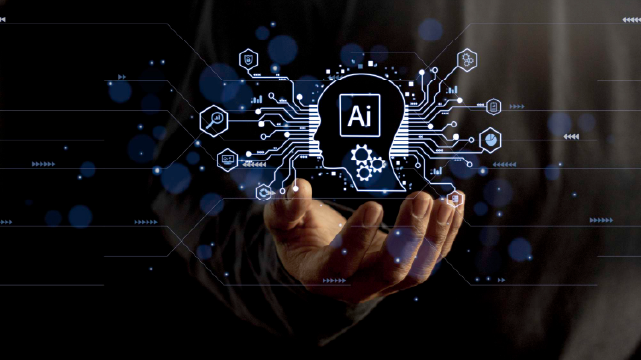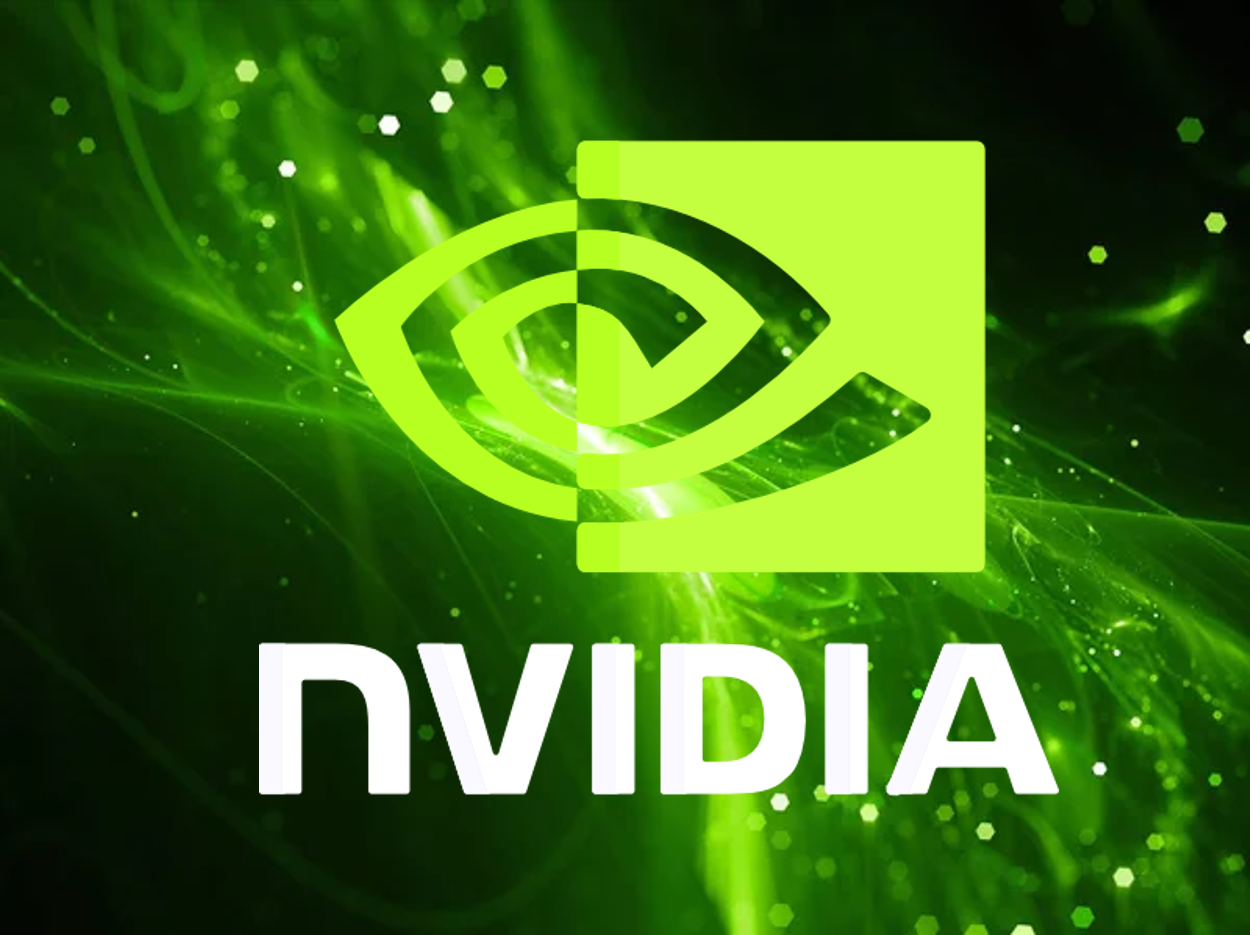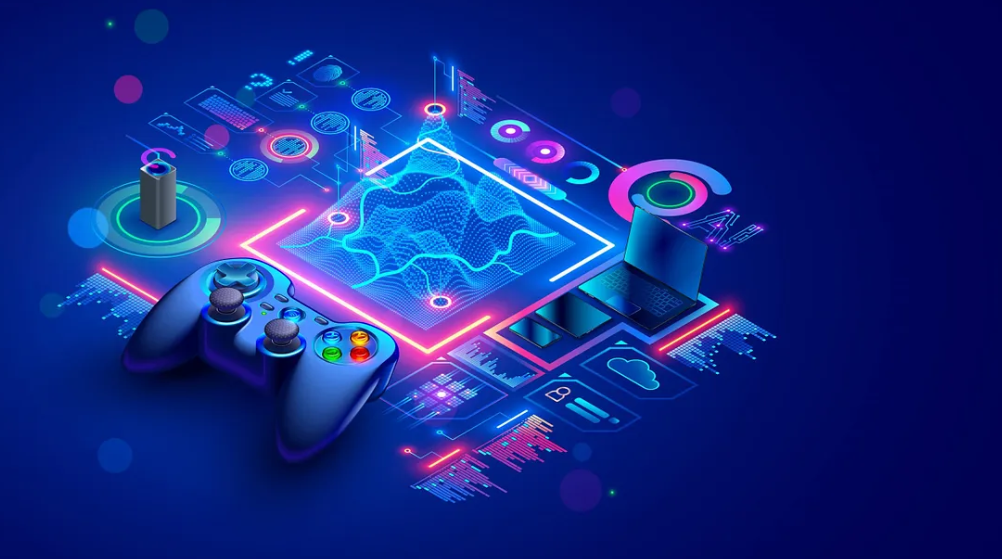Introduction

The gaming industry is evolving unprecedentedly, and AI is at the forefront of this transformation. Game developers are now harnessing the power of AI to create more immersive, engaging, and personalized gaming experiences. Unlock the gateway to unparalleled gaming experiences by exploring the 10 groundbreaking AI tools reshaping game development. From rendering lifelike worlds to crafting adaptive narratives, these tools redefine creativity and efficiency in the gaming realm. Join us on a journey through the innovative technologies driving the future of interactive entertainment, elevating game design to new heights.
Also Read: Machine Learning and AI in Game Development in 2023
The Rise of AI in Game Development
AI’s impact on game development transcends the realm of NPC behavior, permeating every facet of the gaming landscape. Its influence spans various crucial domains, revolutionizing traditional paradigms and ushering in a new dynamic and innovative game-creation era.
- Game Design Evolution: AI algorithms facilitate procedural content generation, enabling the automatic creation of game elements like landscapes, levels, quests, and even narratives. This transformative capability reduces the manual workload for developers and introduces endless possibilities for diverse and rich gaming experiences. It allows for the creation expansive worlds that adapt and evolve, enhancing replayability and player engagement.
- Player Interaction and Personalization: AI algorithms analyze player behavior and preferences in real-time, enabling the customization of gaming experiences. From adjusting difficulty levels based on player skill to providing personalized in-game recommendations, AI tailors experience to individual players, fostering deeper connections and immersion.
- Dynamic Gameplay and Adaptive Experiences: AI’s ability to predict and adapt to player actions creates dynamic, responsive game worlds. This translates into games that evolve based on player decisions, offering unique experiences with every playthrough. Adaptive narratives and changing environments elevate the immersion and excitement, keeping players engaged and invested.
Understanding AI’s Role in Game Creation
AI is not just a single tool but a suite of technologies that enhance creativity and efficiency, automate repetitive tasks, and personalize player experiences.
- Enhancing Creativity and Efficiency: AI can analyze vast amounts of data to suggest design elements that might appeal to players. It can also speed up the creative process by generating art, levels, and music.
- Automating Repetitive Tasks: Tasks like testing, bug tracking, and even coding can be automated with AI. This frees up developers to focus on more creative aspects of game development.
- Personalizing Player Experiences: AI can tailor gaming experiences to individual players, adjusting difficulty levels and in-game events in real time for a more engaging experience.
Let’s look at the types of AI tools available to game developers and how they can enhance the game development process.
- AI-Driven Game Design Assistants: These assistants can provide suggestions and automate aspects of the design process, from level layout to story development.
- Procedural Content Generation Tools: These tools use algorithms to create large amounts of content, such as landscapes and dungeons, saving time and resources.
- AI for Character and Dialogue Creation: AI can generate realistic dialogue and character interactions, making the game world more believable.
- Smart Level Design Aids: AI can help design complex levels that are both challenging and enjoyable for players.
- AI in Game Testing and Balancing: AI can simulate player behavior to test games and help balance difficulty and progression.
Let’s discuss the top AI tools making waves in game development.
NVIDIA GameWorks AI

NVIDIA GameWorks AI injects next-level intelligence into games, boosting immersion and realism. Deep Learning Super Sampling (DLSS) renders stunning visuals at lower resolutions, while AI-powered effects like RTX Global Illumination and DLSS Frame Generation breathe life into dynamic worlds. NPCs adapt and converse with you, crafting personalized experiences. AI directors tweak the difficulty and tailor storytelling, keeping you on the edge. NVIDIA GameWorks AI: where cutting-edge tech paints a canvas of breathtakingly intelligent gameplay.
OpenAI’s GPT-3 for Game Dialogue

GPT-3, OpenAI’s text-generating beast, is shaking up game dialogue. Imagine NPCs with natural conversation flow, adapting to your choices and building unique relationships. GPT-3 weaves dynamic narratives, crafting branching dialogue trees on the fly. Say goodbye to repetitive lines and hello to immersive story worlds where every playthrough feels fresh. It’s still early days, but this AI wordsmith paints a future where game conversations feel as real as life, blurring the line between player and pixelated pal.
Unity ML-Agents Toolkit
Imagine training your game, crafting dynamic NPCs, or even evolving gameplay independently! “Unit” ML-Agents Toolkit” makes it real. This tool lets you use reinforcement learning to train AI agents in Unity scenes. Teach them to navigate tricky puzzles, master combat strategies, or even learn on the fly through trial and error. Want unpredictable enemies? Train them to adapt to your tactics! Need lifelike companions? Design agents that learn from your interactions and form unique bonds. This toolkit unleashes AI’s potential, adding depth, dynamism, and endless possibilities to your game development.
Unreal Engine’s AI Toolkit
Unleash intelligent enemies, engaging NPCs, and dynamic worlds with Unreal Engine’s AI Toolkit! This visual scripting tool lets you design complex AI behaviors without code. Craft intricate attack patterns, build responsive interactions, and even create procedural content – all through drag-and-drop nodes. No more hand-coding AI logic! Whether building a fearsome boss or a witty villager, this toolkit empowers you to breathe life into your game’s AI, enriching gameplay and immersing players like never before.
NVIDIA Deep Learning Super Sampling (DLSS)

Imagine crafting stunning game worlds without sacrificing buttery smooth framerates. NVIDIA DLSS makes this dream a reality! This AI wizard analyzes lower-resolution frames and conjures high-fidelity visuals through deep learning magic. The result? Breathtaking graphics at blazing speeds, letting players immerse themselves in your creation without lag woes. It’s a game-changer for developers, pushing the boundaries of graphics fidelity and performance and ultimately delivering smoother, more immersive gaming experiences.
IBM Watson for Game Analytics

Watson for Game Analytics is like a crystal ball for game devs. It dives into player data, revealing hidden gems: what levels are frustrating, what items they love, and how long they engage. Armed with these insights, developers can:
- Balance the challenge: Tune difficulty curves to keep players hooked, not rage quitting.
- Target monetization: Learn what items players will pay for, optimizing in-game stores.
- Craft compelling content: Understand preferred gameplay styles and tailor future updates accordingly.
- Identify bugs and crashes: Track player pain points early and fix them before reviews sour.
Watson becomes your secret weapon, turning data into knowledge and knowledge into a thriving, player-loved game.
Google Cloud AI for Game Testing

Imagine a tireless army of AI testers playing your game 24/7, scouring for bugs across platforms and configurations. Google Cloud AI for Game Testing automates test cases and generates bug reports, freeing developers for deeper creative tasks. It analyzes gameplay footage, identifies regressions, and pinpoints performance issues, letting you polish your game before launch. No more endless QA cycles – unleash the power of AI and deliver a smoother, glitch-free experience to your players.
Unity’s Visual Effects Graph
Ditch the spaghetti code for dazzling effects! Unity’s Visual Effects Graph lets you design stunning particle bursts, magical auras, and fiery explosions without a single line. Drag and drop nodes like puzzle pieces, tweak properties with sliders, and see your creations come alive in real time. No programming nightmares, just artistic freedom to conjure up the visual feasts your game deserves.
Wwise Interactive Music System
Wwise Interactive Music System isn’t just background tunes. It’s a conductor, crafting dynamic soundtracks that adapt to your game’s every beat. Imagine music swelling as you face a boss or calming as you explore a peaceful meadow. Wwise lets you link music to gameplay elements, building tension, reflecting emotions, and making every moment feel epic. No more repetitive loops! Wwise creates a living soundscape that enhances your game’s story, immerses players, and leaves them humming long after they finish playing.
Face++ for Facial Animation
Forget stiff, robotic faces! Face++ for Facial Animation injects life into your game characters. This AI tech analyzes voice input and gameplay context, automatically generating hyper-realistic facial expressions that match emotions, dialog, and actions. Imagine characters that grimace in pain, smirk with cunning, or weep with despair – all in real time! This immersive detail boosts player connection, deepens storytelling, and elevates your game to the next level of emotional engagement. So ditch the pre-baked animations and let Face++ paint your characters with the vibrant brushstrokes of AI-powered expressiveness.
Choosing the right AI tool depends on your project, the features and capabilities of the tool, community support, and cost.
- Assessing Your Development Needs: Consider what aspects of your game could benefit from AI and look for tools that address those areas.
- Comparing Features and Capabilities: Look at what each tool offers and how it can be integrated into your development workflow.
- Considering Community Support and Documentation: A strong community and good documentation can help you get the most out of an AI tool.
- Evaluating Cost and Accessibility: Consider the cost of the tool and whether it fits within your budget and technical constraints.
The Future of AI in Game Development

The future of AI in game development holds remarkable potential, poised to redefine the essence of interactive entertainment. Adva cements in AI technologies will continue to shape the industry, fostering innovations that revolutionize game creation and player experiences.
- AI-Driven Realism and Immersion: The pursuit of hyper-realistic and immersive gaming experiences will drive AI’s role in enhancing graphical fidelity, character animation, and environmental interactions. AI algorithms will simulate more lifelike behaviors, emotions, and reactions, blurring the lines between reality and the virtual world.
- Personalized Gaming Experiences: AI’s evolution will focus on creating deeply personalized experiences, crafting games that adapt seamlessly to individual player preferences, behaviors, and skill levels. This tailored approach will enhance engagement and foster stronger emotional connections between players and their virtual adventures.
- Dynamic and Evolving Worlds: Future AI systems will dynamically empower game environments to evolve and respond to real-time player actions. This means adaptive narratives, procedurally generated content, and ever-changing game worlds that offer unique experiences with each playthrough.
- AI-Generated Content Creation: As AI continues to evolve, it will increasingly contribute to content creation, assisting developers in generating diverse game assets such as levels, quests, and even entire game narratives. This collaboration between AI and human creativity will unlock new possibilities and accelerate game development.
- Ethical and Social Implications: The future of AI in game development also prompts discussions about ethical considerations, including issues of bias, fairness, and the responsible use of AI in shaping gaming experiences. Striking a balance between innovation and ethical considerations will be crucial for the industry’s responsible growth.
Learn More: This is How AI in Empowering the Gaming Industry
Conclusion
Embracing AI can lead to enhanced game development, pushing the possible boundaries. As we witness the evolution of game design with AI, it’s an exciting time to join the gaming industry. The future is bright, and AI is lighting the way. AI is not just a trend but a fundamental shift in how we create and experience games. As developers and players, we’re on the cusp of a new era in gaming, and AI is the key to unlocking its full potential.
Related
- SEO Powered Content & PR Distribution. Get Amplified Today.
- PlatoData.Network Vertical Generative Ai. Empower Yourself. Access Here.
- PlatoAiStream. Web3 Intelligence. Knowledge Amplified. Access Here.
- PlatoESG. Carbon, CleanTech, Energy, Environment, Solar, Waste Management. Access Here.
- PlatoHealth. Biotech and Clinical Trials Intelligence. Access Here.
- Source: https://www.analyticsvidhya.com/blog/2024/01/ai-in-transforming-game-development/



